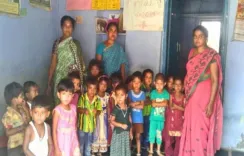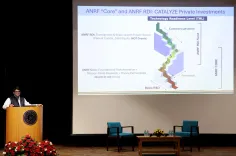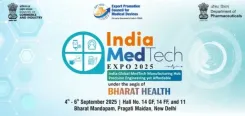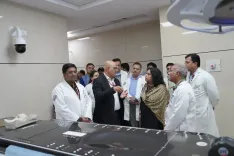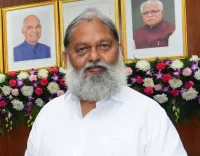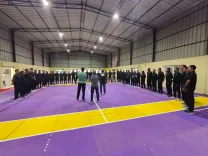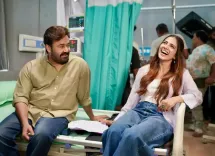Did a Baby Swap Occur at a Private Hospital in Chhattisgarh?
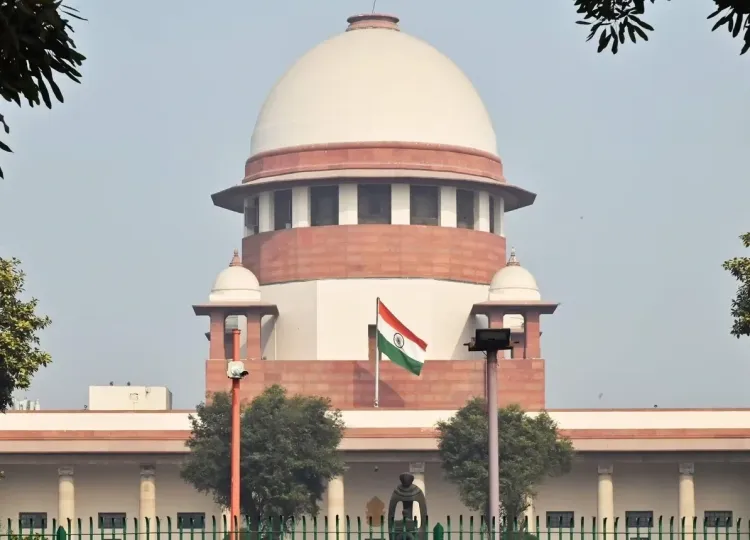
Synopsis
Key Takeaways
- The Supreme Court has taken notice of serious allegations of baby swapping.
- The petitioners allege a mix-up of newborns at a private hospital.
- A DNA test revealed that only one of the children was biologically theirs.
- The Chhattisgarh High Court previously dismissed their case due to lack of evidence.
- Responses from relevant authorities are expected within four weeks.
New Delhi, Sep 2 (NationPress) The Supreme Court has issued a notice to the Chhattisgarh government and two physicians regarding a petition that claims a newborn was exchanged at a private hospital in Raipur.
Stating that the issue “merits consideration,” a Bench comprising Justices Manoj Misra and Ujjal Bhuyan requested responses within four weeks from the Raipur Superintendent of Police, Police Station Khamardih, as well as gynaecologist Dr Neeraj Pehlajani and D. Sameer Pehlajani, Director of Mata Laxmi Nursing Home.
The petitioning couple contended that while Usha Singh gave birth to twins—a boy and a girl—at Mata Laxmi Nursing Home in 2023, the hospital discharged them with two girls.
A DNA test later confirmed that only one child was biologically theirs, while the other did not match either parent, the petition stated, labeling the incident a “clear case of child swapping.”
Prior to approaching the Supreme Court, the petitioners had turned to the Chhattisgarh High Court in 2024, seeking the registration of an FIR and the recovery of their missing child. They also requested directives to regain custody of the “kidnapped child.”
However, a bench led by Chief Justice Ramesh Sinha dismissed the plea in January this year. The Chhattisgarh High Court noted an inquiry report from a six-member committee of doctors, which declared that hospital records were in order and that “no proof or evidence of any kind” had been provided by the complainant regarding child theft.
In rejecting the plea, the court stated: “We do not find any good ground to interfere with the case. Petitioners are at liberty to take recourse to law if they so choose.”
In response to the dismissal, the couple filed a special leave petition (SLP) with the Supreme Court, arguing that the Chhattisgarh High Court neglected to investigate whether the DNA findings had been adequately examined and whether their complaint justified a criminal investigation.
Agreeing to review the issue, the apex court declared: “Matter requires consideration. Issue notice to the Respondents, returnable in four weeks.”

